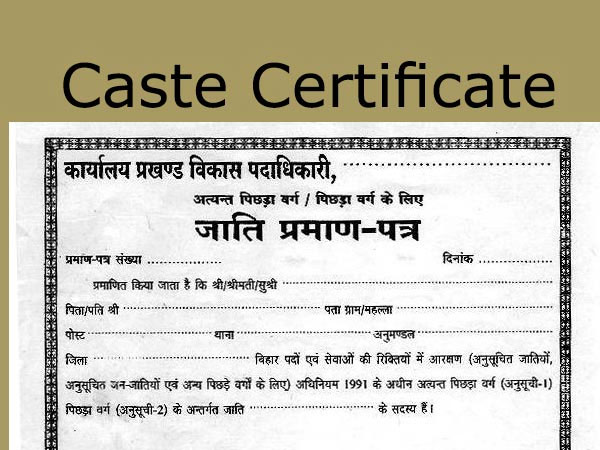@JUDGMENTTAG-ORDER
Sinha, J.@mdashThis is an application u/s 115, Civil P.C., by an unsuccessful decree-holder. The case has a chequered history and is in brief like this. Niadar Mal the applicant before me obtained a decree for arrears of rent under the Agra Tenancy Act, Act 8 of 1926, against one Rati Ram for Kharif 1344 Fasli. Execution was taken out under Sections 79 and 80 of that Act. An order for ejectment was passed on 7th August 1937, but before delivery of possession could take place the U.P. Stay of Proceedings (Revenue Courts) Act (Act 4 of 1937) came into operation and proceedings in execution had to be stayed. The judgment-debtor preferred an appeal against the order granting ejectment but all that the District Judge in appeal did was to give an extension of time to the judgment-debtor to pay the rent. This he failed to do and the appeal consequently stood dismissed. The application in revision to this Court was dismissed on 21st January 1941. The application for execution made after the Act of 1937 has spent its force, was made u/s 182, U.P. Tenancy Act (Act 17 of 1939) which had meanwhile come into force. The learned Assistant Collector held that the order dated 2lst January 1941, operated as a bar to any further objection by the judgment-debtor. The District Judge in appeal held the same view but this Court in revision held otherwise and remanded the case to the District Judge for trial according to law.
2. The learned Additional District Judge of Meerut gave effect to the objection of the judgment-debtor. He held that according to S.296, U.P. Tenancy Act (Act 17 of 1939), which must govern the rights of the parties, the execution could be ordered "only in accordance with the corresponding provision of this Act." The corresponding provision of this Act is Section 168 which prescribes a certain procedure which is necessary for ejectment. The essence of this section appears to be that, notwithstanding the default in payment of rent a sort of locus panitentia is open to him to make the payment. The decree-holder, on the other hand, contends that once the rights of the parties had been determined by a previous proceeding and the High Court had affirmed the decree for ejectment the present Act will have no application. Section 168 appears to belong to that class of legislation which are, in the words of their Lordships of the Judicial Committee of the Privy Council, "remedial statutes." If this is so, the Court must extend the benefit of such a provision to the tenant notwithstanding any previous adjudication. The case can be approached from yet another point of view. It is true that a decree for ejectment has been passed but that was done because there was default in the payment of the rent. The foundation of the decree for ejectment was, therefore, default on the part of the tenant to pay the rent. If Section 168, U.P. Tenancy Act, prescribes a certain procedure for claiming rent and allows a further opportunity to the tenant to pay off the decree that benefit cannot be taken away from a person in whose interest this special provision has been introduced. The effect of this provision cannot be destroyed by a plea of res judicata, which, in effect, the present plea based upon the previous order of the High Court dated 21st January 1941, means. It has been held in this Court in Shri Nath v. Puran Mal (''42) AIR 1942 All. 19:
The doctrine of res judicata is in this country codified in Section 11, Civil P.C. (Act 5 of 1908); in terms that section cannot apply to proceedings under the Agriculturists'' Belief Act. But there is, however, high authority for the view that principles of res judicata apply in civil litigation to cases where in terms Section 11 does not apply, but we are here dealing with a special jurisdiction under a Special Act enacted for the relief of agriculturists, very often an ignorant and illiterate class.... I feel also some difficulty in applying the rule of res judicata and the rule about the amendment of judgment and decree on general principles to their full extent in matters arising between a creditor and an agriculturist under the Agriculturists'' Relief Act.
3. The Agriculturists'' Belief Act was passed for the benefit of agriculturists. The U.P. Tenancy Act of 1939 was an Act "to consolidate and amend the law relating to agricultural tenancies and other matters connected therewith in Agra and Oudh." Both Acts have, therefore, in all essentials a common purpose in view. Section 168 of the latter Act corresponds to Sections 79 and 80, Agra Tenancy Act of 1926. Under Sections 79 and 80 the decree for arrears of rent could be executed forthwith; Section 168 has stepped in to mitigate the rigour of the earlier provision of the law against the "poor and the illiterate" and to avoid forfeiture as far as possible. I, therefore, dismiss this civil revision with costs.

